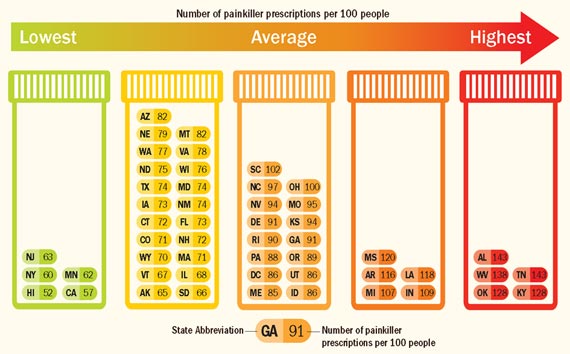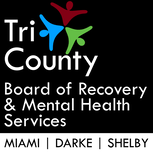The launch of the safe-disposal program will coincide with National Drug Take Back Day October 23. Drug Take Back Day is promoted by the Drug Enforcement Agency as a way to safely remove unwanted and unused prescription medications from homes, to prevent theft, abuse and accidental poisoning.
Distribution points are being set up throughout Shelby County, and include: Senior Center of Sidney, Fair Haven, The Meal Prep Life, Wilson Health, Bunny’s Pharmacy, Family Resource Center, Jackson Center Pharmacy, and the Sidney-Shelby County Health Department. Other agencies also participating include: STAR House, Samaritan Works, Mercy Mission House, Shelby County Veterans Services, Botkins Village Hall and Jackson Center Village Hall. The Shelby County Sheriff’s Office and the Sidney Police Department, including the Sidney Addiction Assistance Team, will make the disposal bags available along with the drug take-back drop boxes in their respective lobbies.
The Deterra® pouches use activated charcoal and water to dissolve and deactivate a wide range of medications, including fentanyl, ketamine, quetiapine, tramadol, and zolpidem. Unlike most drug take-back drop boxes, which will only accept pills or powders, the pouches can also neutralize creams, liquids, patches and films. Once in the bag and deactivated, the substances cannot be absorbed by the body, even if ingested. They are also prevented from entering the ecosystem, as can happen when flushing or disposing in landfills without a deactivating process.
Shelby County Commissioner Julie Ehemann said: “Shelby County is excited to be launching a project utilizing Deterra® pouches, which can rid any home of dangerous, leftover drugs in minutes. Our goal is to reduce the risk of abuse, misuse and accidental ingestion of leftover medication, especially prescription opioids.”
The pouches were obtained through the Rx Abuse Leadership Initiative and Shelby County Department of Job & Family Services at not cost to the county. The Rx Abuse Leadership Initiative (RALI) convenes national, state and community leaders to exchange best practices and provide resources that help prevent misuse of prescription medicines.
The Tri-County Board of Recovery and Mental Health Services maintains a list of area drug take-back drop boxes on its website at www.tcbmds.org/disposal.




 RSS Feed
RSS Feed
